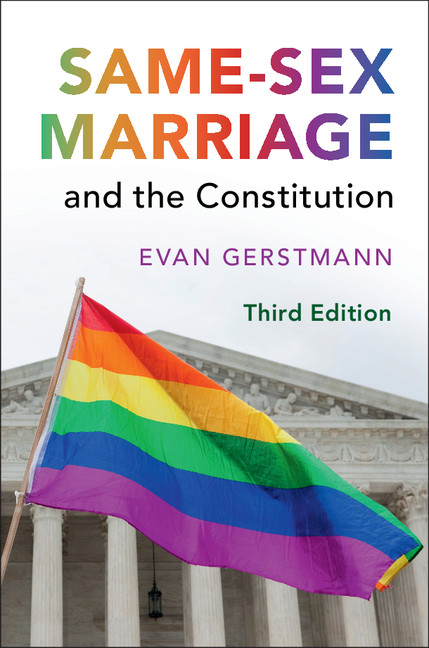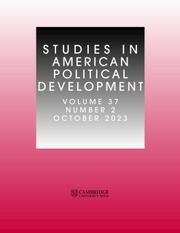Campus Sexual Assault
Sexual assault on college campuses has drawn tremendous public attention and colleges are under great pressure to respond. In many cases, the result has been a system of sexual assault tribunals that violates the rights of alleged assailants and assault survivors. Gerstmann shows how colleges are often punishing students as sex offenders without a fair hearing and are defining sexual offenses in an unconstitutionally broad manner. Using unbiased and accessible language, this book avoids easy answers and asks: how are colleges failing to assess accusations in a fair manner? Why are 'affirmative consent' laws unconstitutional? How can we do a better job preventing sexual assault? The author argues that colleges are too often making poor choices in terms of how they respond to allegations of sexual assault and, in doing so, they are depriving students of due process, while failing to protect victims of assault.
- Provides constitutional analysis on the important subject of campus sexual assault
- Examines how 'affirmative consent' laws are unconstitutional
- Challenges widely held beliefs, such as that students today are more sexually active than preceding generations, that women rarely commit sexual assault, or that college students are in greater danger of sexual assault than their non-college attending cohorts
Reviews & endorsements
‘Armed with lucid prose and an impressive sense of balance, Evan Gerstmann makes the important point that eroding due process for accused students in no way curbs sexual assault on campus. Unafraid to slaughter sacred cows (affirmative consent codes, sexual assault stats), Gerstmann argues for restorative justice in lieu of the law and order turn. We need to do better at preventing assault, and this book points the way.' Laura Kipnis, author of Unwanted Advances: Sexual Paranoia Comes to Campus
‘Professor Gerstmann has done a marvelous job locating what information and studies we have on the incidence of sexual assault on campus and the ways in which universities are responding to that problem. The text strikes me as the best source of information out there on a subject more known for heat than light. Anyone interested in the subject should start with Campus Sexual Assault, so their views are based on information rather than ideology.' Mark Graber, University of Maryland
‘This book could not be more timely and important. The point that due process protects victims as well as perpetrators is brilliantly argued. And the author suggests balanced, constructive reforms that would benefit the entire university community.' Jonathan Rauch, Brookings Institution, Washington, DC
Product details
December 2018Paperback
9781108709316
244 pages
228 × 153 × 14 mm
0.34kg
Available
Table of Contents
- Introduction
- Part I. The Need for Due Process:
- 1. The due process deficit and the importance of college adjudication
- 2. Due process and the Constitution
- 3. Due process and private universities
- Part II. What Process is Due?:
- 4. Due process prior to the hearing
- 5. Due process during and after the hearing
- Part III. Substance and Solutions:
- 6. Sexual assault and affirmative consent
- 7. Affirmative consent and the Constitution
- 8. The empirical claims for affirmative consent
- 9. Moving forward.






.jpg)






